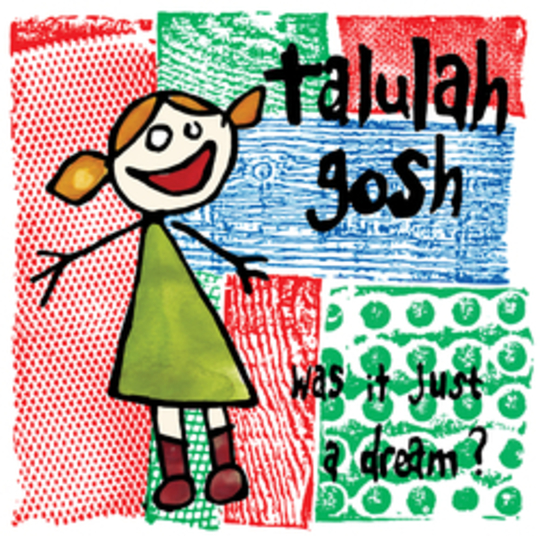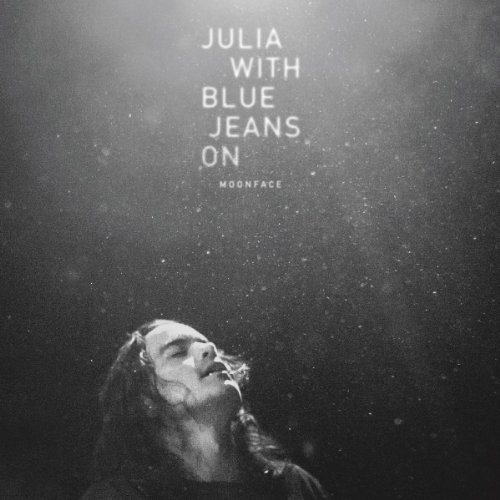Growing up in a provincial mining town in the Eighties, it's fair to say there wasn't always an awful lot for me to smile about. So the opportunity to hear then purchase new music was never taken lightly. Such a pastime led to several epiphanies. Number one was being first exposed to Psychocandy while on a family holiday in Margate. The second came about via Channel 4's then-brand new all videos, no presenters music programme The Chart Show. It was here that a bunch of pinafore dress and anorak wearing early twenty-somethings delivered a song about someone trying too hard to be somebody else. The song in question was called 'Talulah Gosh', as were the band. I remember walking into the sixth form common room the following Monday morning, itching to tell all and sundry about this amazing new band I'd discovered some 72 hours earlier. Turns out everyone that saw the video hated them. And so begins the epitaph of Talulah Gosh...
Bonded by a shared love of Sixties girl groups, The Ramones and Clare Grogan, Talulah Gosh were the musical equivalent of Marmite in every possible way. Heralded as the darlings of the burgeoning DIY fanzine scene that was making its way around every small venue in the UK, there's little doubt their influence paved the way for a legion of bands to follow in their wake. People like The Shop Assistants, The Primitives and The Flatmates for instance. Since then, their name has travelled far and wide around the globe inspiring bands such as Bikini Kill, Bratmobile and even Hole in later years.
Formed in Oxford at the beginning of 1986, the band only existed for two years before calling it a day in the first half of 1988. That their name lives on 25 years later is testament to the scene they helped create. Indeed main mouthpiece Amelia Fletcher is revered as a true indie legend to this day, partially due to her subsequent work with Heavenly, Marine Research and Tender Trap after Talulah Gosh split. Despite their short lifespan, their five singles (as is the Rock Legends: 69 compilation containing each one and its subsequent b-sides) and one flexidisc have become highly collectable items.
Was It Just A Dream?, then, is the ultimate warts and all collection. Containing all of the above singles and flexi, along with every radio session the band ever recorded (originally released in 1991 on Sarah Records entitled They've Scoffed The Lot), two live tracks which also made it along with all the others mentioned above 1996's Backwash compilation, as well as the four tracks off their first demo which the band submitted to Stephen Pastel in 1986.
At 29 songs in total, it may be heavy going for casual fans and bypassers after a quick sugar rush, but to the initiated it serves as a timely reminder why Talulah Gosh still command such rabid devotion. While inadvertently inventing 'twee' as a musical descriptive in the process, their songs - most of which clocked in around the two minutes mark or less - depicted a typical day in the life of an adolescent. 'Beatnik Boy' and its tale of unrequited love ("Each day I wonder why he'll never be mine"), the punk rock nursery rhyme that is 'My Best Friend', BBC television test card girls ('Testcard Girl'), and countless other odes to boys, boys and more boys (at least two-thirds of Was It Just A Dream?).
While not groundbreaking as such - from a musical perspective at any rate - their ethos contrasted brutally with the self-obsessed, hedonistic, machismo era of the time. Even those early demos suggest their agenda was nothing more than living for the moment. That their time was so short lived probably helped create the legend that exists around them, and while their detractors will point to a lack of musical expertise and originality, it's difficult for even the most cold-hearted of souls not to be buoyed by their energy and enthusiasm.
That they've all gone on to achieve various degrees of success in the ensuing years tells its own story. Amelia Fletcher is now a professor at the University of East Anglia, while co-vocalist Elizabeth Price actually won the 2012 Turner Prize with her video installation 'The Woolworths Choir Of 1979'. Other members have also gone on to renowned editorial and television roles (drummer Mathew Fletcher tragically passed away in 1996). For two exciting years, it really was more than just a dream. And what finer way to commemorate the impact of Talulah Gosh than this all encompassing anthological document.
-
8Dom Gourlay's Score






















